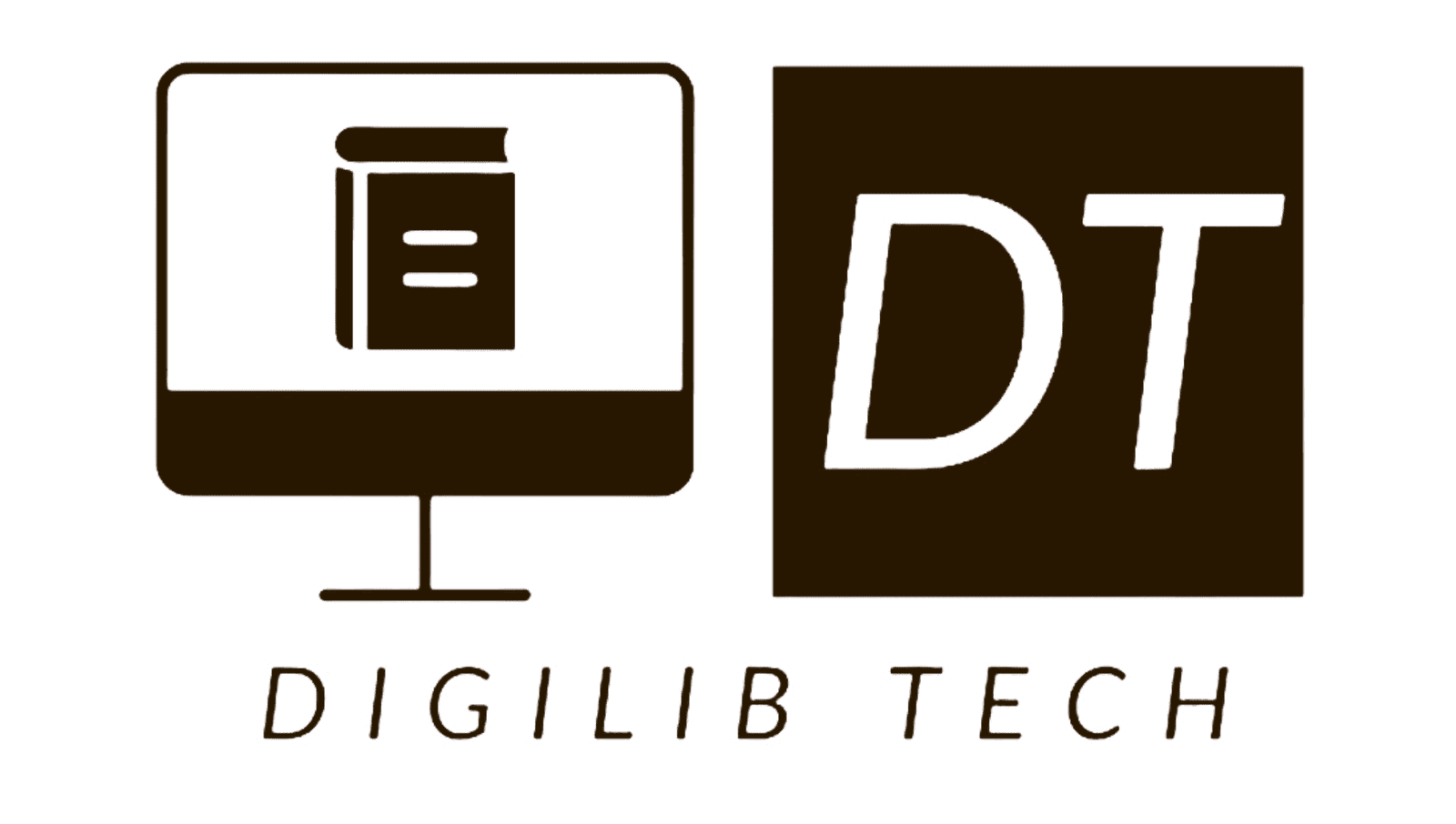In today’s digital age, libraries are no longer just physical spaces filled with books. They have evolved into digital libraries that provide access to a vast amount of information and resources online. To efficiently manage these digital collections, librarians need robust software solutions. One option that is gaining popularity is free open source software. In this blog post, we will explore the benefits of using free open source software for digital libraries and why librarians should consider adopting it.

1. Cost Savings
One of the primary advantages of using free open source software for digital libraries is the cost savings. Traditional proprietary software often comes with hefty licensing fees, which can be a significant burden on library budgets. By opting for free open source software, libraries can allocate their resources to other critical areas such as acquiring new materials or improving user services.
Moreover, free open source software allows libraries to avoid vendor lock-in. With proprietary software, libraries are dependent on the vendor for updates, maintenance, and support. This can lead to additional costs and limited flexibility. In contrast, open source software gives librarians the freedom to customize and adapt the software to their unique needs without being tied to a specific vendor.
2. Community Collaboration
Free open source software thrives on community collaboration. When libraries use open source software, they become part of a vibrant community of developers, librarians, and users who contribute to the improvement and development of the software. This collaborative approach fosters innovation and ensures that the software remains up-to-date with the latest technological advancements.
Librarians using open source software can actively participate in discussions, share their experiences, and contribute code or suggestions for enhancements. This level of collaboration not only benefits individual libraries but also strengthens the entire library community by promoting knowledge sharing and best practices.
3. Customization and Flexibility
Every library has its unique requirements and workflows. Free open source software provides librarians with the flexibility to customise and tailor the software to meet their specific needs. Whether it’s modifying the user interface, integrating with other systems, or adding new features, open source software allows librarians to have full control over their digital library environment.
Librarians can collaborate with developers or utilise their own coding skills to make changes to the software. This level of customization ensures that the software aligns perfectly with the library’s goals and objectives, resulting in a more efficient and user-friendly digital library experience for patrons.
4. Security and Transparency
Security is a top concern for digital libraries. Free open source software offers transparency, allowing librarians to review the source code and identify any potential security vulnerabilities. This transparency ensures that any security issues can be addressed promptly, reducing the risk of data breaches or unauthorised access to library resources.
Additionally, open source software benefits from the collective expertise of the community, which often results in faster identification and resolution of security vulnerabilities. Libraries using open source software can also contribute to the security of the software by reporting and fixing any issues they encounter.
5. Long-term Sustainability
Libraries are long-term institutions that require software solutions with a sustainable future. Proprietary software can sometimes be discontinued or become obsolete, leaving libraries with the challenge of migrating their digital collections to a new system. This process can be time-consuming, costly, and disruptive.
Free open source software, on the other hand, offers long-term sustainability. As long as there is an active community supporting the software, libraries can continue to use and enhance it without the fear of sudden discontinuation. This ensures a stable and reliable digital library system that can grow and evolve alongside the changing needs of the library and its patrons.
Librarians play a crucial role in providing access to information and resources in the digital age. By embracing free open source software for digital libraries, librarians can benefit from cost savings, community collaboration, customization, security, and long-term sustainability. The use of open source software empowers librarians to create dynamic and efficient digital library environments that enhance the user experience and meet the evolving needs of their communities.
So, why should librarians use free open source software for digital libraries? The answer is clear – it offers a cost-effective, collaborative, flexible, secure, and sustainable solution for managing digital collections and providing valuable services to library patrons.
Read also; OPALS open-source automated library system













Thank you I have just been searching for information approximately this topic for a while and yours is the best I have found out so far However what in regards to the bottom line Are you certain concerning the supply